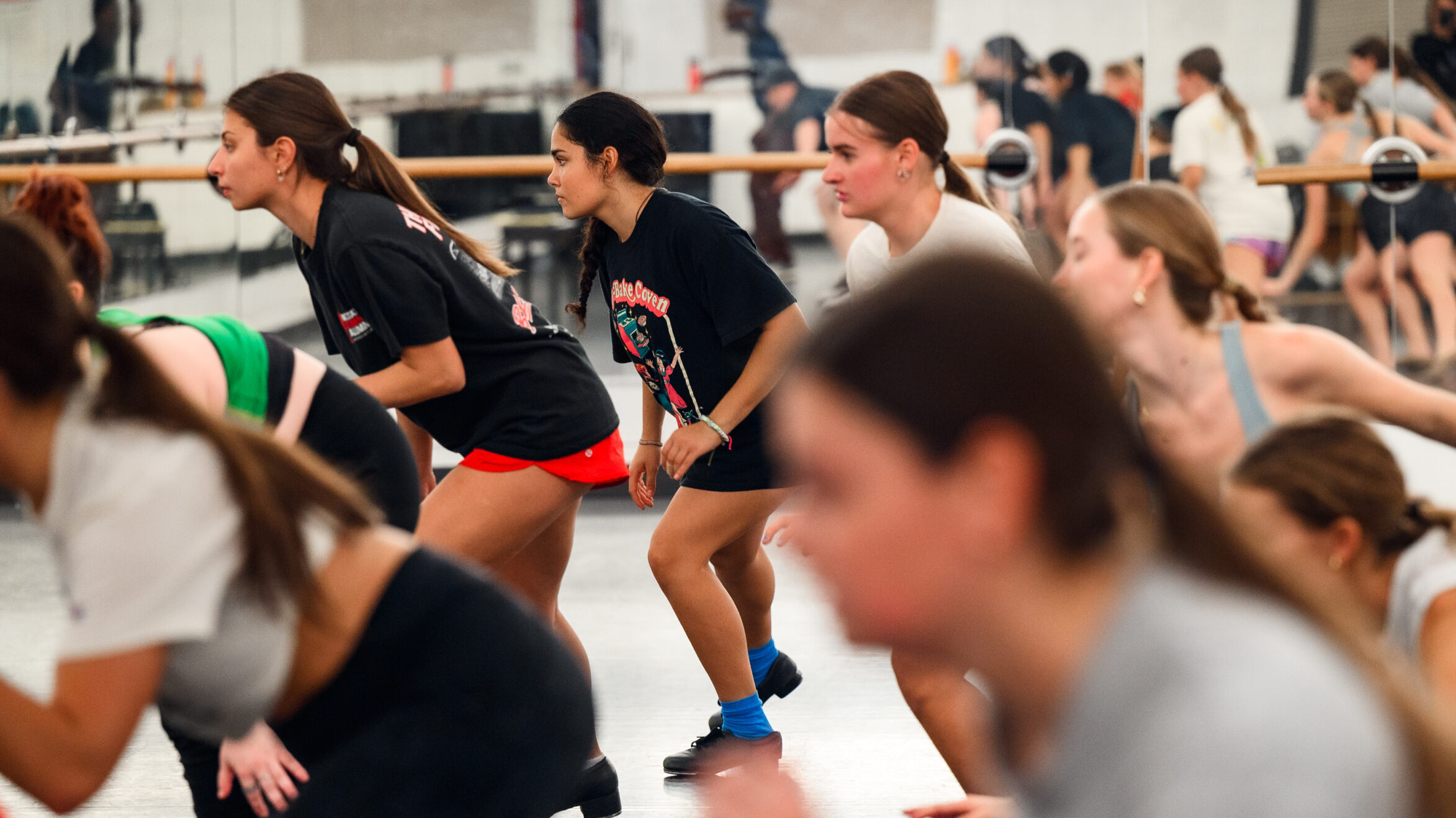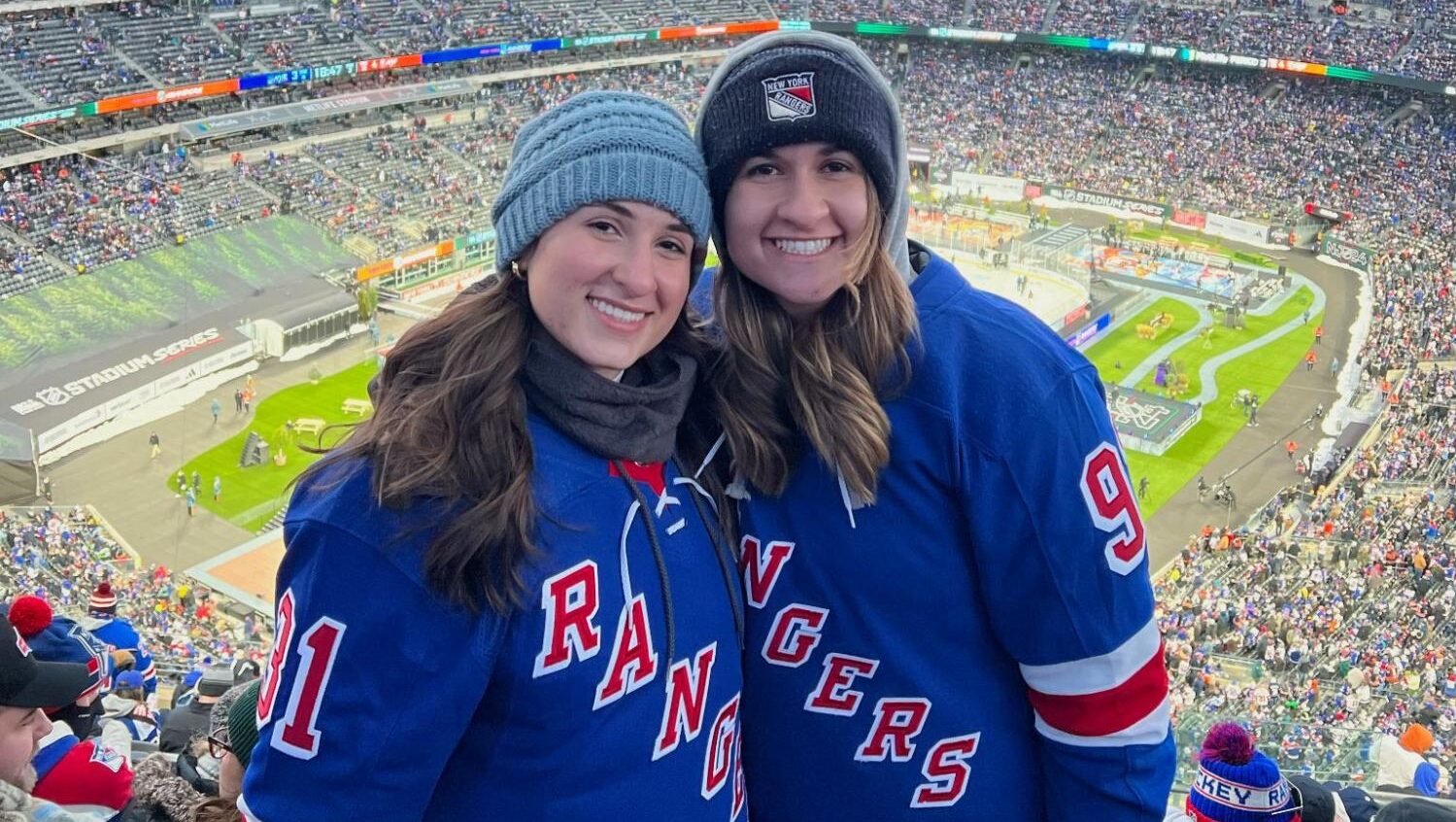Orchestras and choirs prepare new music for virtual Brickyard debut
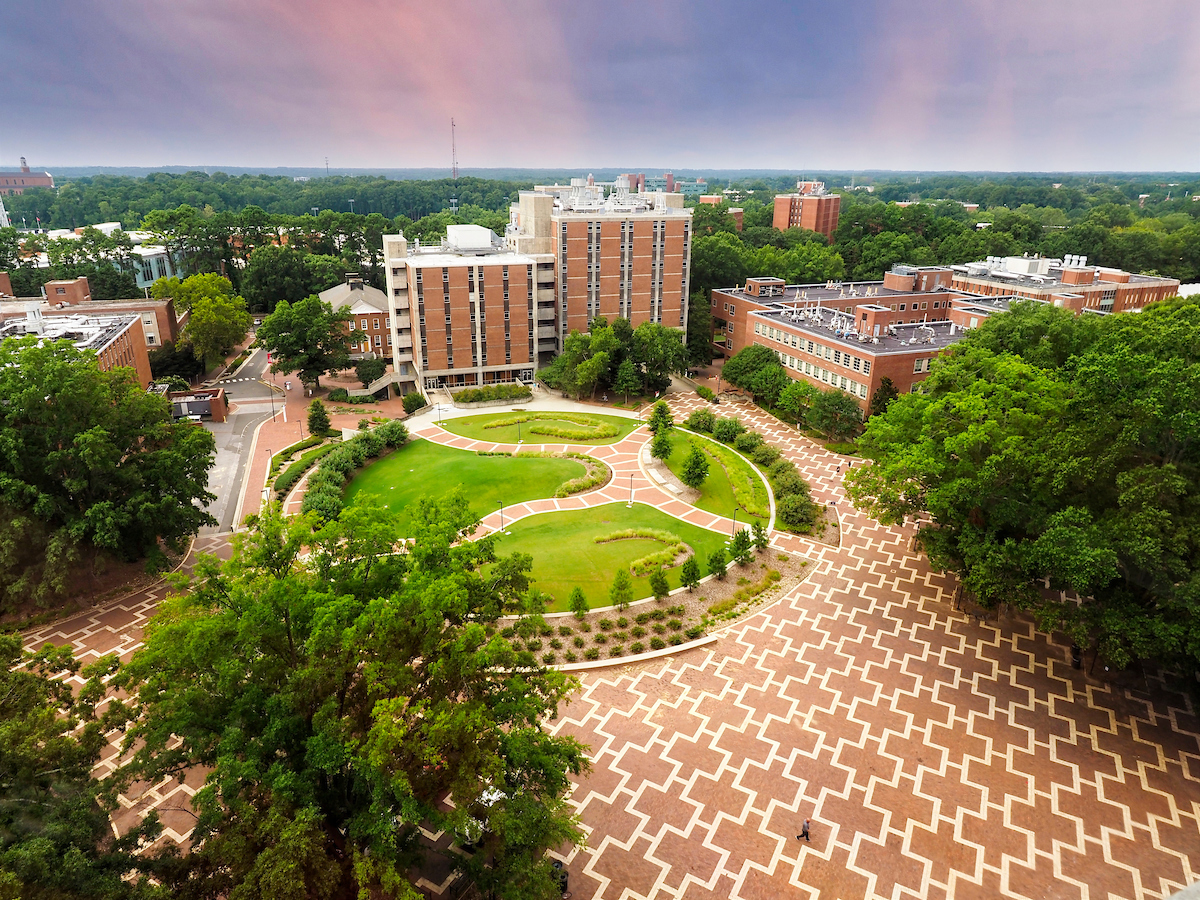
The challenges musicians are facing during the coronavirus pandemic are largely rooted in the inability to gather. Performance venues are closed, traveling is discouraged, and ensembles are unable to rehearse and perform together. Virtual choirs and orchestras are producing pre-recorded performances, editing together each musician’s individual recording into a group work. Musicians are live-streaming solo concerts from home. Those who make music are finding a way.
These approaches are attempts to create a shared experience out of an individual experience. They are attempts to make music together, either with fellow musicians or an audience, while apart.
For composer Lisa Bielawa, the coronavirus pandemic served as inspiration for a project titled Broadcast from Home. Since April, Bielawa has been crowdsourcing testimonies from the public reflecting on their personal experiences with the pandemic, and integrating their words into new compositions. Peter Askim, associate teaching professor and director of orchestral studies for the Department of Music, describes them as “musical building blocks” that people around the world then recorded from home, and Bielawa wove them together to compose new works of music, which she released online as chapters.
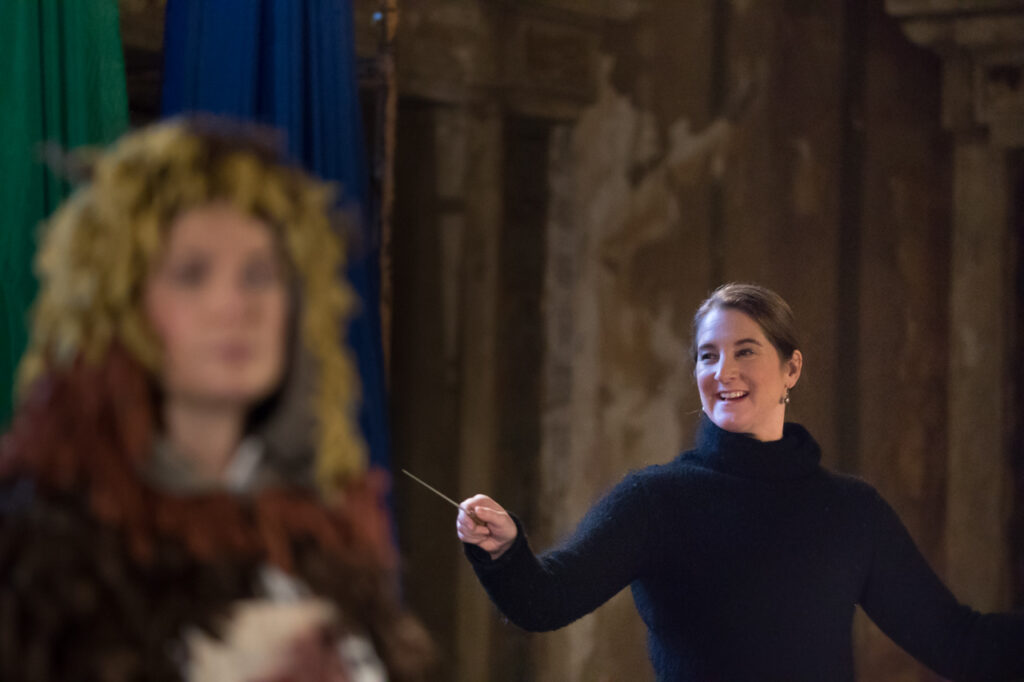
This project, along with a previous large-scale outdoor project of Bielawa’s, inspired Askim and Nathan Leaf, teaching professor and director of choral activities, to commission Bielawa to compose a new work for NC State’s Raleigh Civic orchestras, the NC State choirs and the Concert Singers of Cary, also directed by Leaf, which would be flexible enough to be performed in a variety of ways depending on how the pandemic impacted the semester.
With the move to online classes and the closing of the dorms, the project, titled Brickyard Broadcast, will be presented in a virtual reality (VR) interpretation of the Brickyard, which is being designed by Colin Keenan, university libraries specialist with the NC State University Libraries. Bielawa is composing the music, the student and community musicians will record their “musical building blocks” individually at home and then Bielawa will integrate the individual recordings into a single piece of music.
“Nobody in the world is doing anything like this,” said Askim. “It’s very much based at NC State. I wanted to give our students ownership of what they were doing. Lisa is very community oriented. Whatever musicians she’s working with are her community and she wants them to be empowered. A lot of people are working with click tracks right now [to help them keep time together on recordings]. It’s very regimented. She wants people to play and sing their hearts out. She often says, ‘Here’s a couple words, improvise something,’ and then she’ll take that and make it into something. So what I wanted the students to get is that this is their music, made for them and with them, and at the end of it they will have accomplished something which nobody else has.”
Rather than trying to stage a synchronous ensemble performance using online video-sharing platforms, student and community musicians will create digital avatars of themselves that can then come together virtually in a playful, interactive common space that mirrors their own NC State Brickyard and opens up the gathering to anyone in the world who wishes to join them there.
Leaf sees the project as a new way of approaching music making during a time when musicians are forced to be apart. “We can’t be together physically, so we’re going to great lengths, tremendous mind-boggling lengths, to create music where everyone is exactly together. There’s nothing wrong with that, and we’re doing it for other projects too. But the idea of [Brickyard Broadcast] is that we’re taking that hurdle out. We’re saying, okay, we can’t be together. What can we create that doesn’t require us to be in time together? Which is a whole other way of thinking about what making a musical composition is.”
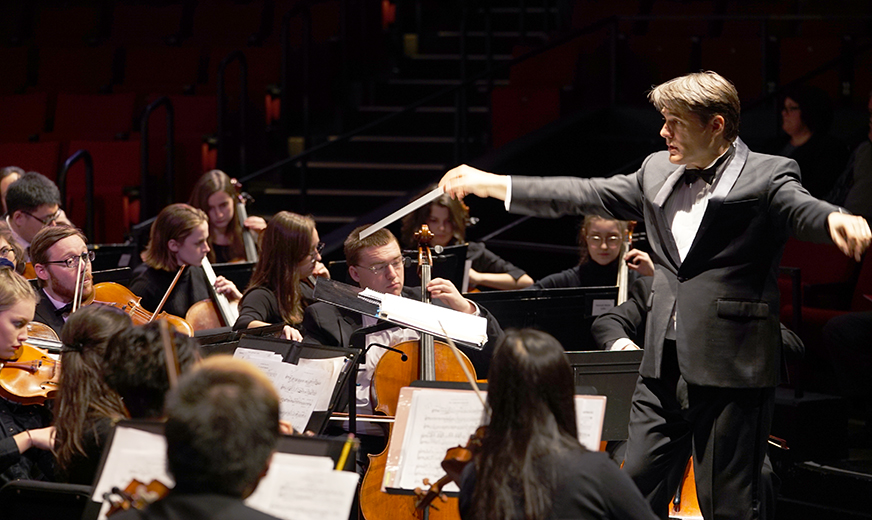
By the end of the project, Bielawa will compose a 20-minute musical work using the submitted recordings made by the musicians, that viewers can experience either from start to finish in a curated sound experience or in a self-guided way where they navigate through it on their own using either a VR interface or any personal web device.
In a way, this approach celebrates the individual experience of music by giving the musician choices they need to make on their own in order to shape their performance, removing the need for musicians to perform in time with one another and ultimately giving each audience member control over their experience of the music.
The team at the libraries—which includes Keenan, digital media librarian Jason Evans Groth, and university library specialist and audio engineer Kyle Langdon—will handle the technical aspects of the project. They’re drawing on several existing libraries’ projects and resources, such as Quaranzine and State of Sound, to provide audio visual support and infrastructure for Brickyard Broadcast. Coincidentally, Keenan had already started designing a virtual Brickyard and he and Evans Groth were exploring the idea of spatial sound in a VR environment, so when Askim approached them about the project, they knew the libraries were positioned to help.
First, they created an instructional video to teach musicians to record audio at home and built a web portal to collect hundreds of individual recordings. Next they will help the musicians design their digital avatars, complete the virtual Brickyard, and then Langdon will provide audio mixing and mastering support to prepare Bielawa’s finished music for integration into the VR setting.
Evans Groth hopes the project will show students, faculty and staff at NC State all the ways that the libraries can support them. He sees the challenges of the pandemic as an opportunity for all of us to utilize not just our existing technology and tools, but also the skillsets of the people around us in new collaborative ways. “How do we make the most out of the most important resource we have, which is our people—our librarians, and Peter, and Nathan, and Lisa,” said Evans Groth. “This is a really great opportunity to get to know human resources, because the tech part of it, while we have cool stuff, it is not the thing that makes the project great. It is the humans who do it. So when you strip away all the shiny objects, you get to see the heart of really good innovation, which is always a human.”
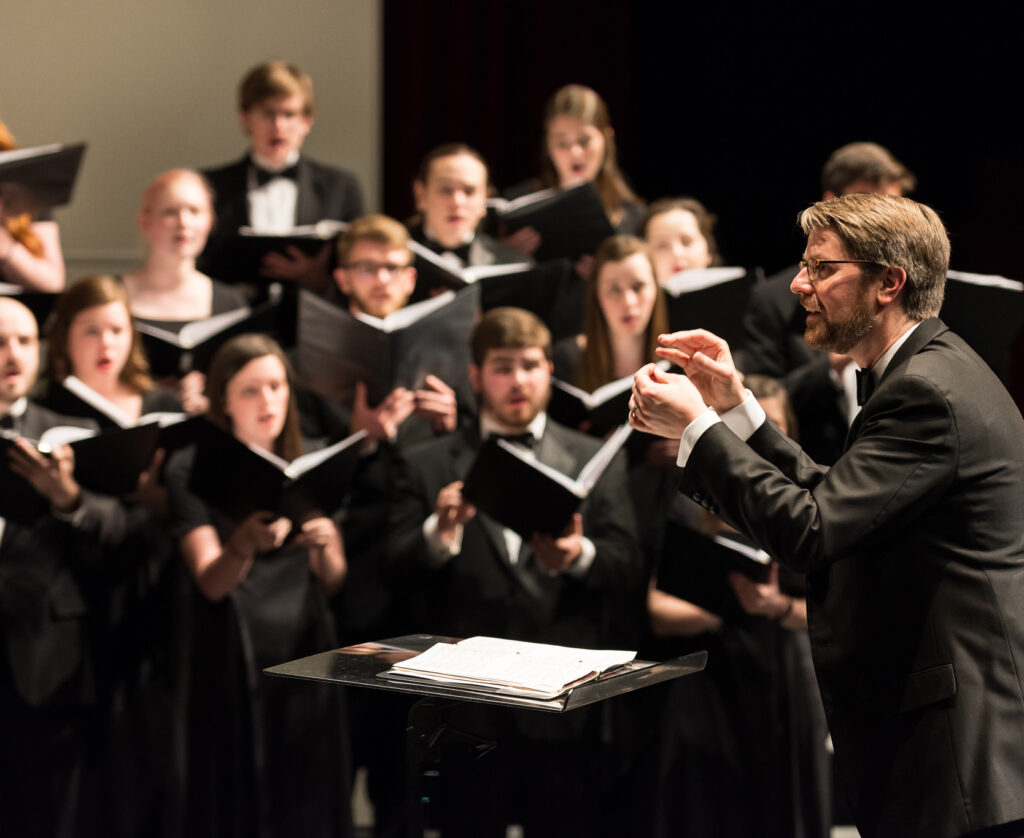
Leaf agrees. “We’re all counting on each other because none of us can create the complete picture by ourselves,” he said. In terms of what he hopes the experience will provide to students in the choirs, he added, “Any opportunity that we have to create some joy right now is worth doing. Mostly it’s just a chance for us to sing in some form. And the other thing, educationally for the students, is it’s a recalibration of what it means to be in an ensemble because it takes certain parameters that we often take as a given and removes them. So we have to rethink, how can we be expressive? What does it mean to express something musically in this new format, when we are asynchronous and when none of us understand the complete picture?”
While Brickyard Broadcast will be developed expressly for a VR premiere given the way the semester has taken shape, it has the potential to be mounted in the future as an in-person live performance with groups performing at varying distances from each other on the Brickyard itself. In either case, whether online or in person, every audience member’s experience will be completely unique, depending on how they choose to move among the sounds they hear.
Brickyard Broadcast will premiere on November 12, 2020 at 6:00 p.m. during a live event on Twitch. There will be a panel discussion with Askim, Leaf and Bielawa, then participants will enter the VR environment to experience the piece. They will then be able to rejoin the panel for a Q&A session. The VR Brickyard and performance will remain accessible online at https://performingartstech.dasa.ncsu.edu/brickyard-broadcast/ for a limited time following the premiere.
- Categories:

